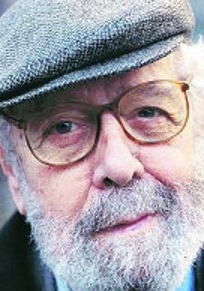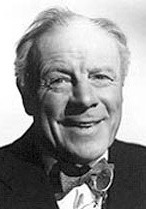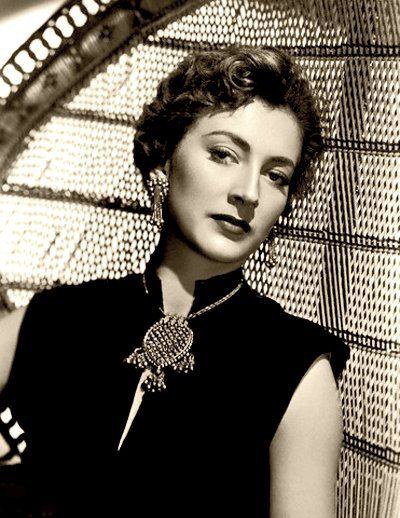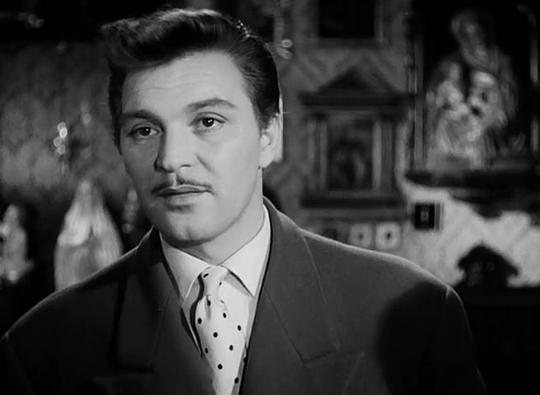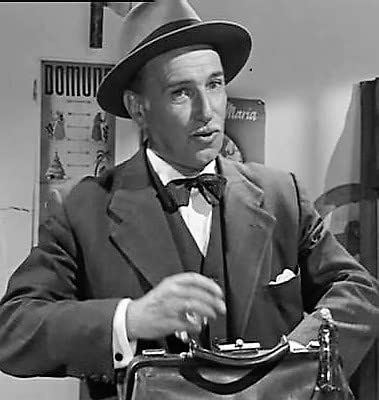卡拉布依 Calabuch(1956)

又名: The Rocket from Calabuch
导演: 路易斯·加西亚·贝尔兰加
编剧: 莱昂纳多·马丁 Florentino Soria 恩尼奥·弗拉亚诺 路易斯·加西亚·贝尔兰加
主演: 埃德蒙·戈温 瓦伦蒂娜·格特斯 胡安·卡尔沃 佛朗哥·法布里齐 费利克斯·费尔南德斯 尼古拉斯·D·佩奇科特 马里奥·贝里亚图阿 弗朗西斯科·贝尔纳尔 María Vico Isa Ferreiro Manuel Guitián Casimiro Hurtado 佩德罗·贝尔特兰 曼纽尔·亚历山大 Manolo García 何塞·伊斯贝尔特 何塞·路易斯·奥索雷斯 Eduardo Calvo 何塞·马里亚·普拉达
类型: 喜剧
上映日期: 1956-09-24(巴塞罗那) 1956-09-28(意大利) 1956-10-01(马德里)
片长: 93 分钟 IMDb: tt0049042 豆瓣评分:0 下载地址:迅雷下载
演员:
影评:

An archetype of Arcadian fairytale starring veteran English action Edmund Gwenn in his final screen role, who plays the USA rocket scientist Dr. George Hamilton, who goes incommunicado in a fictional Spanish village along the Mediterranean coast called Calabuch (shot in Peñiscola, renowned for its fortress-like beauty spots).
A Spanish and Italy coproduction, THE ROCK FROM CALABUCH is Spanish celluloid maven Luis García Berlanga’s fourth feature, and instantaneously flaunts his strenuous feat of location shooting, wide-angle, panoptic shots faithfully captures the village’s allure to invite tourists, and in the meantime, limns the denizen’s small-town rapport with unsophisticated alacrity and unpretentious rowdiness, a modus operandi he would wield more vigorously in his latter entries, PLACIDO (1961) in particular.
The film doesn’t dwell on a concrete reason behind Jorge’s (George’s Spanish moniker) whim to abandon his scientific project and lay low, he may simply get tired of the high-tech enterprise, and needs to experience and embrace some human warmth which he finds profusely in Calabuch. Gladly bedding himself down in the prison cell (it is gratuitous), Jorge first builds a bond with fellow inmate, a local smuggler Langosta (Fabrizi), who also moonlights as the village’s repairman, movie projector, among others.
But what elevates Jorge to the toast of the town, aside from his amicability,is his rocket scientist backbone, appreciatively refines the local pyrotechnics to stunning effect, yet the film prosaically pares down the technicalities - there is a yawning disparity between painting the name “Calabuch” on the surface of a barebones rocket-shaped firework and exhibiting the same name in the nightly firmament through a salvo of feu d’artifice, yet the film seems to try toconvince us they are on the same technical level.
A tubby Gwenn, physically ponderous but zippy in brio and oratory, culminates his lengthy screen career with his usual wise-old-man persona that befits his legacy. Among the Spanish inhabitants, most of which cleave to one-note stereotypes, save Valentina Cortese’s schoolmarm Eloisa, who invokes a beauteous whiff of poignancy-tinted dignity as a mature, intellectual woman has suffered from long-standing loneliness but still holds dear an anticipation of romantic tingle no matter what, only Berlanga leaves her fate untapped, which, on second thought, might just as well ends that way, to dissipate a cornball aftertaste.
In the event, wonderfully heightens a communal spirit even its démodé naivety precariously borders on inanity and insularity, Berlanga’s THE ROCKET FROM CALABUCH retains its feel-good humbleness and remains an exponent of seeing through humanity with rose-colored glasses.
referential entries: Berlanga’s PLACIDO (1961, 6.7/10); THE EXECUTIONER (1963, 7.6/10).

